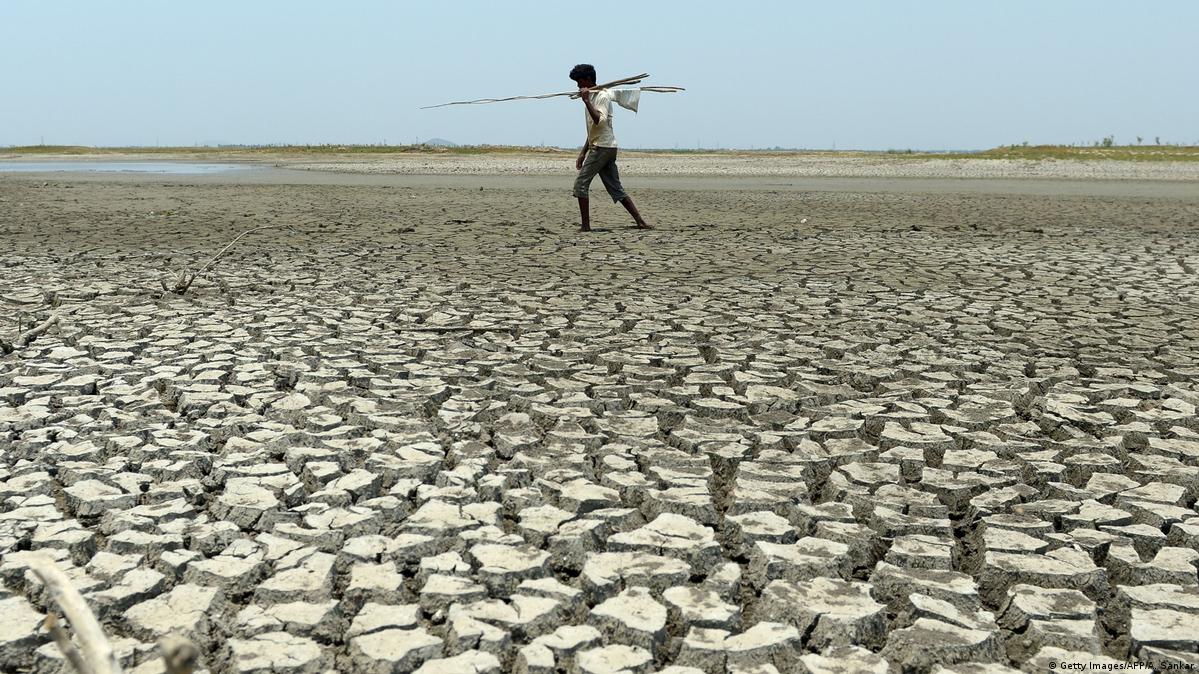Heat waves, which are set to become more frequent, usually bring to mind parched throats, sweaty skin, frequent power cuts and even heat strokes. But since heat waves impact humans and plants — two key factors at play in an economy — they impact the economy growth too, and, of course, company balance sheets and domestic budgets. Unusually hot weather ahead has raised economic worries when India is trying to nurture its post-pandemic GDP growth and to emerge in a few years as the world’s third-largest economy.
However, a key advisor to Prime Minister Narendra Modi has said recently that the economy can withstand any potential weather shock. Even if heat waves strike again and crops get affected, overall growth should not suffer, according to Poonam Gupta, head of the National Council of Applied Economic Research.
“At 17%, agriculture and allied activities account for a rather small part of our GDP,” said Gupta.
Concern over rising temperature can’t be brushed aside, Direct impact of heat waves on food inflation jeopardises macroeconomic stability, a must for the RBI to not raise interest rates further. The impact on overall productivity and rural demand can add up to dent the GDP growth. The World Bank has said India’s GDP growth might slip to 6.3 per cent in 2023-24 as against its earlier estimate of 6.6 per cent. Heat waves can pull it further down.
India reported the warmest February this year since way back in 1877, according to the India Meteorological Department (IMD). This was not a random event. There is a pattern in the unusual rise in temperature. The average number of heat wave days rose to the highest in a decade in 2022, data released recently by the Ministry of Statistics and Programme Implementation showed. India reported 190 heat wave days in 2022 — over six times higher than the previous year.
2023 too will be unusually hot. The IMD says most parts of India are likely to see above-normal maximum temperatures from April to June.

